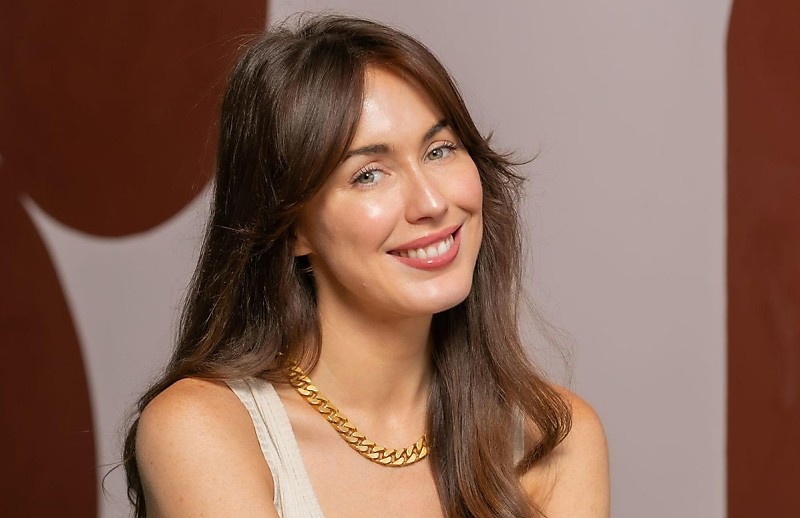You’re out of free articles for this month
“One of the challenges we faced was when we went through multiple rounds of fundraising for our business. I was only 24 years old when I started Willow and Blake, my first business,” she told Accountants Daily ahead of her keynote address at the Women in Finance Summit today.
“You’re dealing with a lot of men in the start-up sector who predominantly give money to men. Here we were with our female-led brand, producing products for women. What became obvious to me was the disconnect between the people that had the funding and the consumer group that we were targeting.”
While start-ups contribute significantly to economic prosperity, women founders face numerous obstacles, especially around accessing capital.
A recent study by Deloitte Access Economics (commissioned by SBE Australia, which connects female entrepreneurs seeking funding to a global network of investors) found only 22 per cent of Australian start-ups are founded by women.
Just 0.7 per cent of all private start-up funding in FY22 went solely to female founding teams, despite funding growing tenfold from FY18 to FY22.
As a result, women are not raising sufficient capital to scale their business, the report said.
“There needs to be more funding for female-led businesses,” Ms Hatzis said.
“There is a small shift occurring with more women working in the banking, private equity and venture capital fields, but it’s happening so slowly.”
“There’s inherent bias against women. Investors look at us and think about our potential to become mothers. As such, our work ethic and dedication to our business is called into question. But this question is not raised with men, many of whom I assume become fathers.
“We need a systemic shift, and the only way that’s going to change is if we talk about it.”
Facilitating change
In an effort to promote diversity and inclusivity in her organisations, Ms Hatzis has implemented board mandates that stipulate minimum acceptable requirements for the number of females in leadership roles.
She said she was driven to do this to create a system that facilitates change and levels the playing field for women who have faced unconscious bias in the workplace.
Since Frank Body was a skincare brand that targeted women, it was important to appoint women who understood both the product and its consumer, she said.
“These requirements allow us to create a space dedicated to women who are equally qualified for and capable of doing the role as well as their male counterpart,” she said.
“People often assume that requirements like these are going to put underserving or unqualified applicants in these roles. That’s not the case at all. It just means that instead of offering the job to someone whose dad goes golfing with the boss, women are given the chance to throw their hat in the ring and apply for the job.”
Appointing staff with diverse life experiences makes smart business sense, Ms Hatzis added, as they provide new perspectives and make informed decisions at the board or executive level.
Grow visibility of female leaders
Another goal for Ms Hatzis is to increase visibility of female business leaders so the next generation of women can aspire to follow in their footsteps.
“I didn’t grow up with women on television in the spotlight as leaders of businesses, so we didn’t have anyone to model ourselves on,” she recalled.
“But now, there are so many articles, television pieces, and podcasts that feature women entrepreneurs. There’s finally a role model for future generations.
She concluded: “A big part of my job now is showing examples of that for the next generation because if they don’t see themselves, they start to eliminate that option for themselves.”
In her keynote address, Jess Hatzis will describe her journey to becoming a successful entrepreneur and offer valuable tips on how other women could become leaders in financial services.
The summit will be held today (10 November) at The Star, Sydney.
For more information, including agenda and speakers, click here.

 Login
Login






